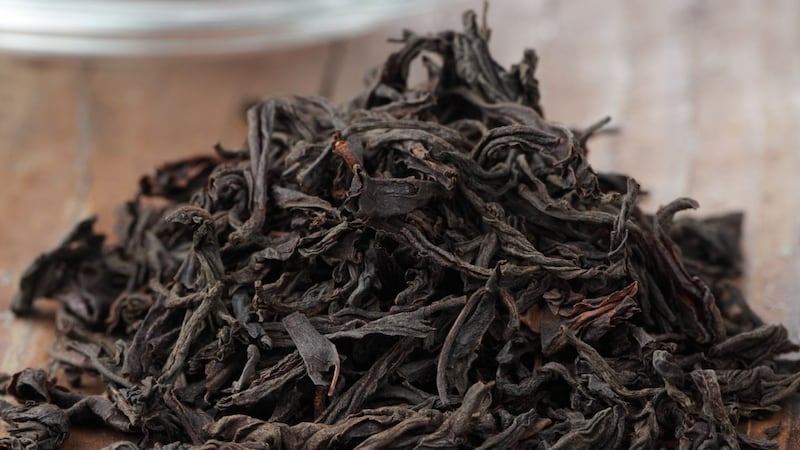Black tea has been found to alter gut bacteria to promote weight loss and other health benefits.
Green tea has traditionally been held up for its ability to alter energy metabolism in the liver, but a new study from the University of California, Los Angeles (UCLA) showed that black tea is also capable of changing the ratio of intestinal bacteria.
In the study, the percentage of bacteria associated with obesity decreased in mice given black tea, while bacteria associated with lean body mass increased.

Previous studies showed that polyphenols, chemicals in green tea, are absorbed by the liver and alter its energy metabolism – and while polyphenols in black tea are too large to be absorbed by the small intestine, they achieve the same effect by different means.
Black tea stimulates the growth of gut bacteria and the formation of short-chain fatty acids, a type of bacterial metabolites that has been shown to alter the energy metabolism in the liver.
“It was known that green tea polyphenols are more effective and offer more health benefits than black tea polyphenols since green tea chemicals are absorbed into the blood and tissue,” said Susanne Henning, the study’s lead author and an adjunct professor at the UCLA Centre for Human Nutrition.
“Our new findings suggest that black tea, through a specific mechanism through the gut microbiome, may also contribute to good health and weight loss in humans.”

To produce the findings four groups of mice were fed different diets: Low-fat, high-sugar; high-fat, high-sugar; high-fat, high-sugar with green tea extract; and high-fat, high-sugar with black tea extract.
The weight of the mice given green and black tea dropped to the same level of those on a low-fat diet throughout the study, after four weeks.
And after collecting samples from the large intestines (to measure bacteria content) and liver tissues (to measure fat deposits), they found that there was less of the type of bacteria associated with obesity and more of the bacteria associated with lean body mass in the mice given tea.
Only the mice that consumed black tea extract had an increase in a type of bacteria called Pseudobutyrivibrio, which might explain the difference in mechanics behind how both green and black tea achieve the same results with regards to energy metabolism.
Dr Zhaoping Li, director of the UCLA Centre for Human Nutrition, said that there appear to be benefits to both types of tea beyond their anti-oxidant properties.
“For black tea lovers, there may be a new reason to keep drinking it,” she said.
The research is published in the European Journal of Nutrition.








